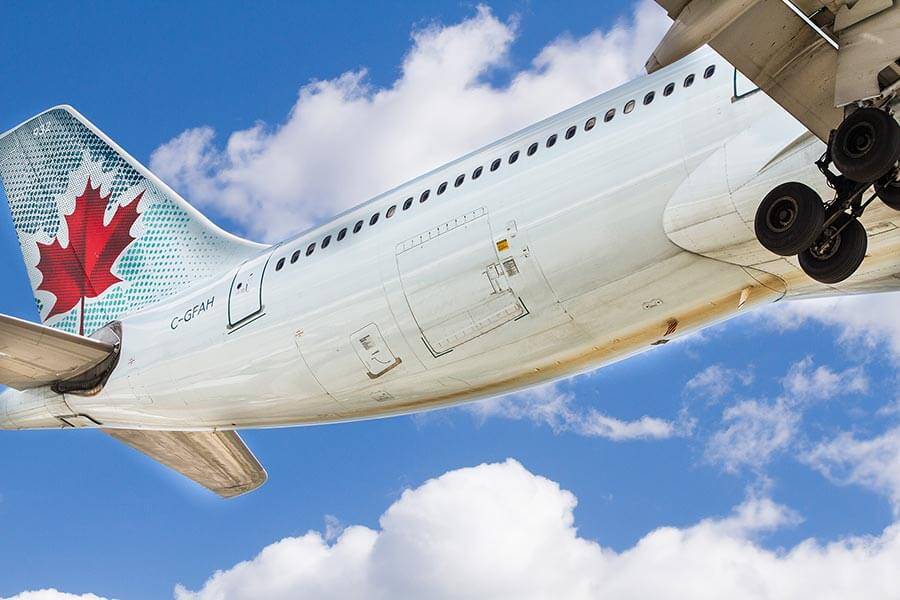Further to yesterday’s update, the following additional important travel advice/guidance for temporary foreign workers has been provided by IRCC
From IRCC
Effective March 18, 2020, Canada is denying entry to travellers who are not citizens or permanent residents of Canada. There are certain exceptions to these restrictions to permit essential travel for temporary foreign workers who have a work permit or who are approved for one.
If you are planning to travel to Canada to work soon, you need to be aware of public health measures in place to limit the spread of the virus in Canada. You also need to know what to expect upon arrival.
Like many countries, Canada is experiencing significant labour market challenges as a result of the COVID-19 pandemic. Many non-essential businesses are closed, especially in the service industry, or are operating with limited staff. If you have a job with a specific employer, confirm with them that they are continuing to operate and that the job they have hired you for is still needed. If you will be in Canada with an open work permit, it may be very difficult to secure a job at this time.
All temporary foreign workers who meet the established criteria are exempt from travel restrictions and can travel to Canada by air or land. If you’re travelling by air, you need to pass a health check conducted by airlines before you’re allowed to board your flight. Anyone who shows symptoms of COVID-19 will not be allowed to enter Canada by air. When you arrive in Canada we’ll assess your health before you leave the port of entry.
You must isolate for 14 days even if you have no symptoms. This is mandatory.
SELF ISOLATION PLAN. You must have a plan for how you will self-isolate for 14 days when you get to Canada and how you will obtain medical care if you become sick. While in self-isolation, you will be unable to leave where you are staying for any purpose. If you do not have a plan for self-isolation, including how you will buy groceries and access other essential services, please delay your travel until you have made one.
If you are travelling by air, you should self-identify to airlines when you are boarding that you are exempt from travel restrictions by presenting
- a valid work permit, or
- a port of entry (POE) letter of introduction that shows that you were approved for a work permit, including if you are coming under International Experience Canada
When you get to Canada
- If you develop symptoms during your flight to Canada, tell a border services officer when you arrive in Canada. This is required under the Quarantine Act (a Canadian law). If you don’t, you could be charged with a crime.
- If you do not have symptoms but believe you were exposed to someone who was sick with COVID-19, under the Quarantine Act, you must report this to a border services officer when you get to Canada. The border services officer will give you instructions to follow.
- If you develop a fever, cough or difficulty breathing within 14 days,
- continue to isolate yourself from others
- call the public health authority in the province or territory you are in to tell them about your symptoms and travel history
- They will give advice on what you should do.
While you are working in Canada,
- Keep monitoring your health for fever, cough or difficulty breathing. If you get sick, avoid contact with others and contact your local public health authority.
- If you need to apply to extend your work permit, you must do so online. You cannot travel to a POE to get immigration services at this time.
- If you are laid off or have to take sick leave while working in Canada, you may be eligible to receive employment insurance or other income support benefits from the federal government.



